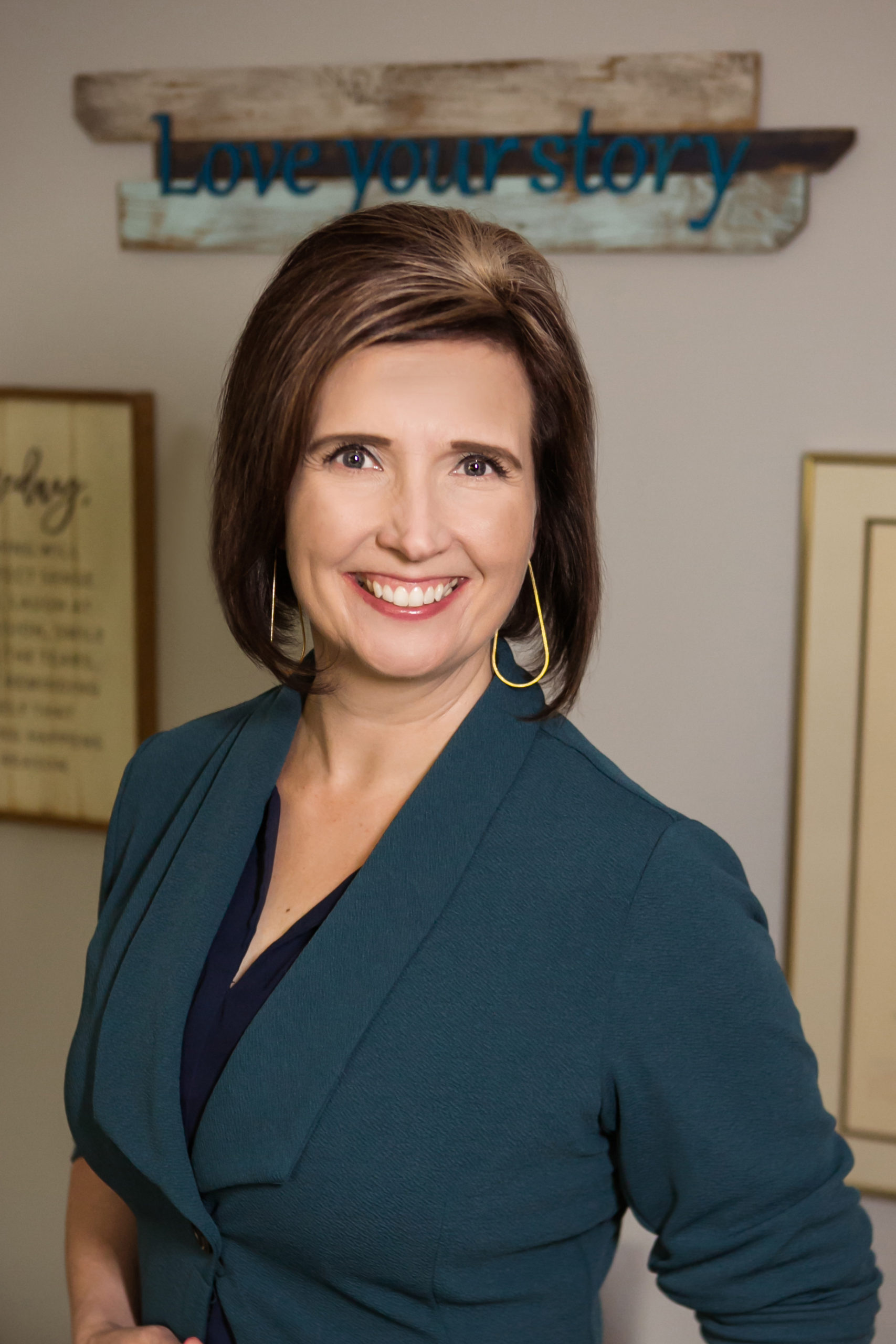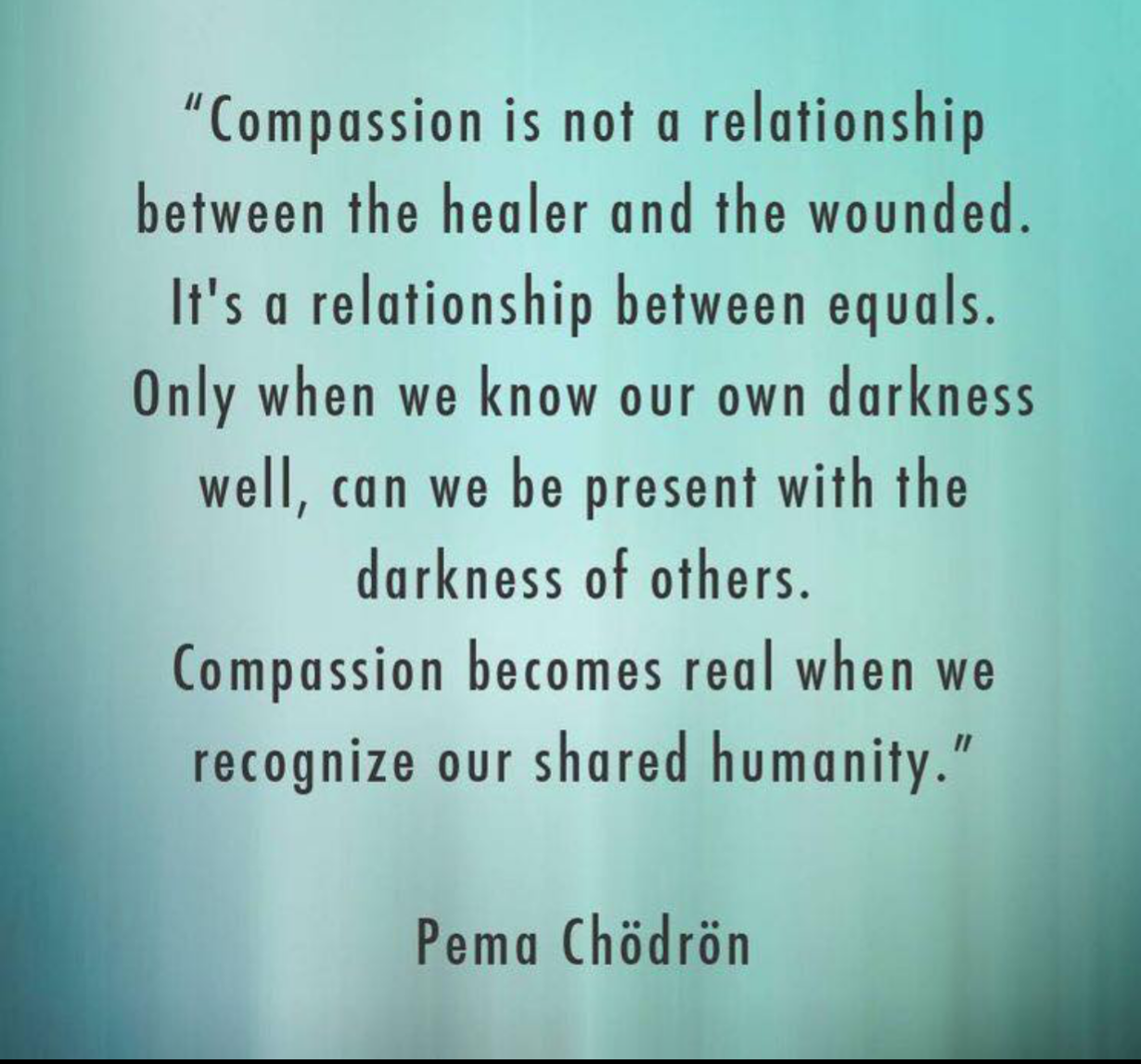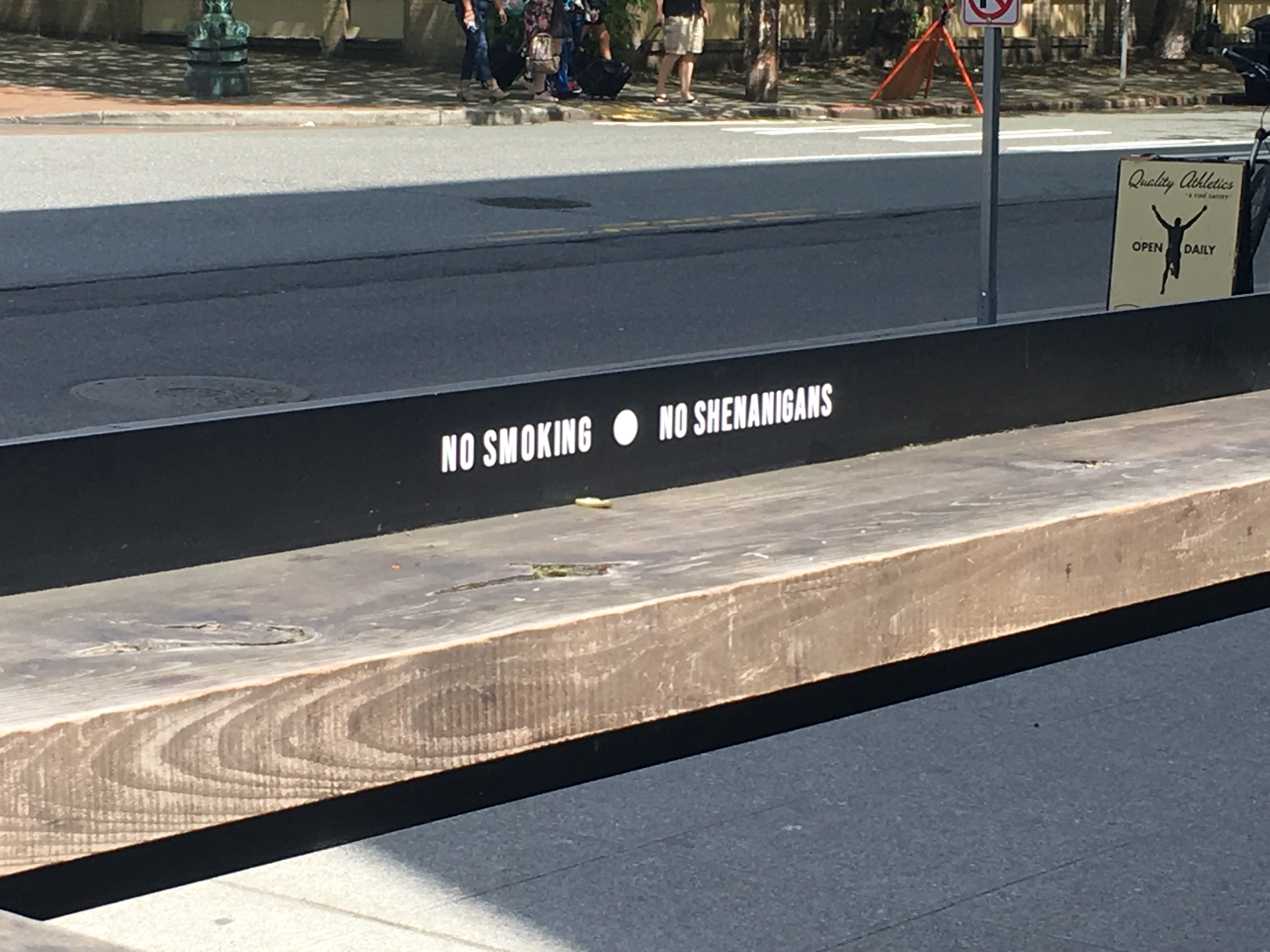A Letter to My Son
Letter to my son:
My boy, you are such an amazing being. You have such a kind heart. You have always been sensitive to the needs of others and cognisant of your impact on them. I love this about you. Perfectly imperfect! I am writing you a letter to help you understand my hopes for you and to acknowledge that I may not have poised you as well as I could, but I did the best I knew how with what I had.
I know this world can be challenging, yet I also know that you are ready for this challenge. The world may ask you to be tough, to be successful, to be, to be, to be… I hope you see the flaw in this reasoning. I hope I have given you eyes to see that these social constructs are not yours, they are not any of ours. They are derived from years of collective fear in the scarcity that there is never enough. Never enough power. Never enough money. Never enough youth. Never enough success. Never, never, never enough. The fear of scarcity is false. It always has been, yet our feeding these ideals has lead us smack dab into the middle of a war with ourselves. We don’t always see that though. Instead we continue to internally oppress ourselves by aspiring to these ideals over and over again. I’m here to tell you anything that is born out of fear, uses fear to continue to feed itself. In this case, it uses a blind fear…one that is not able to be seen or heard such that we forget it’s there…or worse, believe it to be the truth.
There are some hard conversations that need to start happening and I know, my love, that your generation is our greatest hope in these efforts. I do not envy this position, however you would not have envied mine either. I am of the generation that let this all continue to play out and is now having to face the knowledge that we are in large part responsible for keeping ourselves in this condition. We are just waking up to this now and it is never any fun to have to look in the mirror and see that you were the one keeping yourself miserable. Of course it is never that simple. We don’t hold all the cards to our oppression, but we do hold many…and I would contend many more than we have been aware we do. This is actually an empowering revelation, because it means within us is the power to heal these issues. Here is the bind though…internalized oppression works in large masses only. If only one or two facets of the group drink the kool-aid and try to convince the rest of us this is the way it is and the way we need to be…well the rest of us look at that, laugh, and move on. For it to work, internalized oppression needs large numbers of people to buy in. Reversing the power of internalized oppression will take the same amount of people to overturn it as it does to keep it in place. Here is where you come in my son. Your voice, your gender, your generation, you are poised to start this movement of push back on the established oppressions we have believed in for so long and lived in as our reality for too long.
You are given a great gift of opportunity here, and this carries with it a great responsibility. I pray I have prepared you enough. That I have instilled in you the values and intrinsic worth to stand up and say, “No more”, “Time is up”, because “This is all of us.” You are a young man that passes as white in our culture. You are privileged in your education, financial standing, education, and supportive family and friends. I know that your culturally created position in our society puts you in a position to make a large impact on this movement out of our internalized oppression. It starts with having uncomfortable conversations about what your parents, and their parents, and their parents’ parents and so on, have done for centuries to wound our nation. And I am telling you, it is mortally wounded.
I have worked with many individuals as a psychologist and over and over have seen how sometimes the smallest of traumas snowball into the largest of adult wounds, which contribute to those adults continuing to wound themselves and others in the same ways they were wounded in their families of origin. Our nation is no different. It is our collective family of America. It has a colorful past. We love to celebrate its victories, but we are not as generous in honoring the wounds it has had and this hinders our healing. We need healing desperately. We need to talk about these wounds to release their power over us. We need your help desperately. No more resentment. No more stale mates. No more pointing fingers, assigning blame, and denying one another’s painful intergenerational traumas. No more. This is all of us, my son. We will all stay oppressed together or we will all heal together. We are inextricably connected and we cannot change this fact. And just like any intergenerational family trauma, it often takes just one generation to wake up and without judgment towards themselves, their parents, their parents’ parents and so, this generation starts to normalize the conversations that are hard. They start to acknowledge the devastation that grows when a painful emotion is denied generation after generation. I have seen this healing catalyst many times as a therapist. It’s a beautiful thing to watch. It can start as gently as when your little sister turns to me when I have been short tempered and she tells me, “Its ok mommy. I get mad too sometimes.” It’s genuinely said in a way that normalizes and acknowledges the pain and honors it too. I pray for you, my son, that you and others like you will be this simple and kind voice that firmly compels us to move forward and step out of our pain and internalized oppressive suffering.
It will be hard work, but such sacred work too. I hope that I have given you enough tools to do this. I hope that I have loved you well enough and long enough that no matter how difficult the beginning of this healing process is, you stay the course with it. I promise to do my part. To acknowledge my oppressive nature on myself and those around me. I promise to make changes and not buy into a cultural ideal that can only occur at the expense of others. I know it will be hard and some of my generation will not be ready to face how their buying into societal norms and constructs has inadvertently empowered oppression to keep occurring. I promise you though, I have seen this before…that young voice, full of hope, and lacking the tainted nature of years of participating in the system as it is…I have seen this young voice move mountains in traumatized families. Please, my boy…my love…please know that we are awaiting the healing powers of your young voice to start this healing. Because #thisisallofus
Oh and don’t worry….I have another one of these letters for your sister;)
Love, Mom








